The bruises caused by insect bites lead to serious complications such as hematomas caused by severe injuries or internal bleeding. Bruising also shows more severe conditions, such as anaphylaxis, necrosis, or tick-borne illnesses. These conditions result in difficulty breathing, swelling, hives, or shock.
Yes, some insect bites cause bruising from bleeding under the skin. Bruising occurs from flying insects, such as hornets, wasps, mosquitoes, or bugs burrowing deep into the skin.
In this blog post, we will explore why insect bites can cause bruising, treatment options, and prevention tips for insect bite bruising.
Can Insect Bites Cause Bruising: 7 Reasons

Insect bites usually cause a mild reaction. Sometimes, they can lead to severe allergic reactions. Here are various factors that contribute to bruising from insect bites.
- Severity of the Insect Bite: The severity of an insect bite is a significant factor in bruising. Large or aggressive insects, like spiders, increase the chances of bruising. The amount of venom injected also affects the likelihood of bruising. Common insects that cause bruising include mosquitoes, bedbugs, and ticks.
- Age and Health of the Person Bitten: The age and health of the person bitten can influence bruising. People, children, and those with weakened immune systems or thin skin are more prone to bruising. People with conditions like diabetes or liver disease are also at higher risk of developing bruises.
- Blood thinners: People taking blood thinners, either prescription or over-the-counter, are at a higher risk of bruising from insect bites. Blood-thinning medications can make bruises more prominent and last longer.
- Sensitivity to insect venom: Persons allergic to insect venom may experience significant swelling and bruising at the bite site. Insect bites can induce an allergic reaction known as anaphylaxis, which can cause breathing difficulties, hives, and a drop in blood pressure.
- Increased blood flow: The area around an insect bite may experience increased blood flow because of inflammation. Blood vessels may break as a result, and this can cause a bruise. The larger the rash, the more significant the bruise.
- Trauma to the bite site: Scratching or rubbing an insect bite can cause minor trauma to the surrounding area. This trauma can lead to local bleeding and, ultimately, a bruise.
- Subcutaneous bleeding: In some cases, insect bites may cause subcutaneous bleeding, which manifests as a bruise. This type of bleeding occurs beneath the skin and can be challenging to detect initially.
8 Treatment Options For Insect Bite Bruising

Insect bites result in a minor reaction. Some can lead to bruising, which can be uncomfortable and unsightly. Several treatment and self-care practices can help reduce the severity and duration of insect bite bruising.
- Cold Compresses: Cold compresses may be applied to the affected area to reduce swelling and bruising. Wrap some ice in a cloth or use a gel-filled cold pack and hold it against the bite for 10-15 minutes. Repeat every few hours for the first day or two.
- Elevate the Affected Area: Elevating the injured area above the heart can help reduce swelling and minimize bruising. Keep the bite area elevated for several hours a day.
- Topical Numbing Cream: Applying a topical numbing cream (Dr. Numb) to the bite can help to reduce itching, swelling, and redness, which can lead to less bruising. Using the Dr. Numb® numbing cream immediately after a bite and reapplying it throughout the day can be a helpful way to relieve pain and discomfort.

- Aloe Vera Gel: Aloe vera reduces swelling and bruising by acting as a natural anti-inflammatory. Apply aloe vera gel to the bite several times daily for the best results.
- Over-the-counter Pain Relievers: Ibuprofen and acetaminophen can relieve pain and reduce inflammation.may help ease pain and reduce inflammation.
- Avoid Scratching: Although it may tempt you to scratch the bite, avoid doing so as it can worsen the bruising and increase the risk of infection.
- Epinephrine: If you are experiencing a severe allergic reaction, epinephrine may be administered to prevent a potentially life-threatening reaction.
- Antibiotics: Antibiotics can prevent further complications by treating the infection if the bite becomes infected.
Prevention Tips for Insect Bite Bruising

Insect bite bruises can be painful and unsightly. They can occur because of the pressure of the insect's bite or the body's immune response. There are several tips you can take to prevent insect bite bruises. Here are some tips you can follow:
Do
- Avoid stinging wasps, hornets, and bees by staying calm and moving away slowly.
- Cover exposed skin with long sleeves and trousers when insect activity is active outside.
- Shoes should be worn outside.
- On exposed skin, use insect repellent containing 50% DEET.
- Flowers, garbage, and food serving areas outside should be nursed.
- Food and drinks, especially sweets, should be covered when outside.
- Close doors and windows or put thin netting on them to keep insects out.
Don't
- Avoid swatting at wasps, hornets, or bees with your arms.
- Products with solid perfumes, such as soaps, shampoos, and deodorants, can attract insects.
- If an insect nest or caterpillar is in your house or garden, seek pest control help to remove the nest.
- Water, such as swamps and ponds, is a breeding ground for mosquitoes and horseflies.

Conclusion
Insect bites can cause bruising because of the local inflammation and skin damage they may cause. Although most cases of bruising from insect bites are harmless and self-limiting, you should know the signs of allergic reactions or infections and seek medical attention if necessary.
By taking preventive measures and avoiding scratching the bites, you can reduce the incidence and severity of bruising from insect bites and enjoy a more enjoyable and safe outdoor experience.



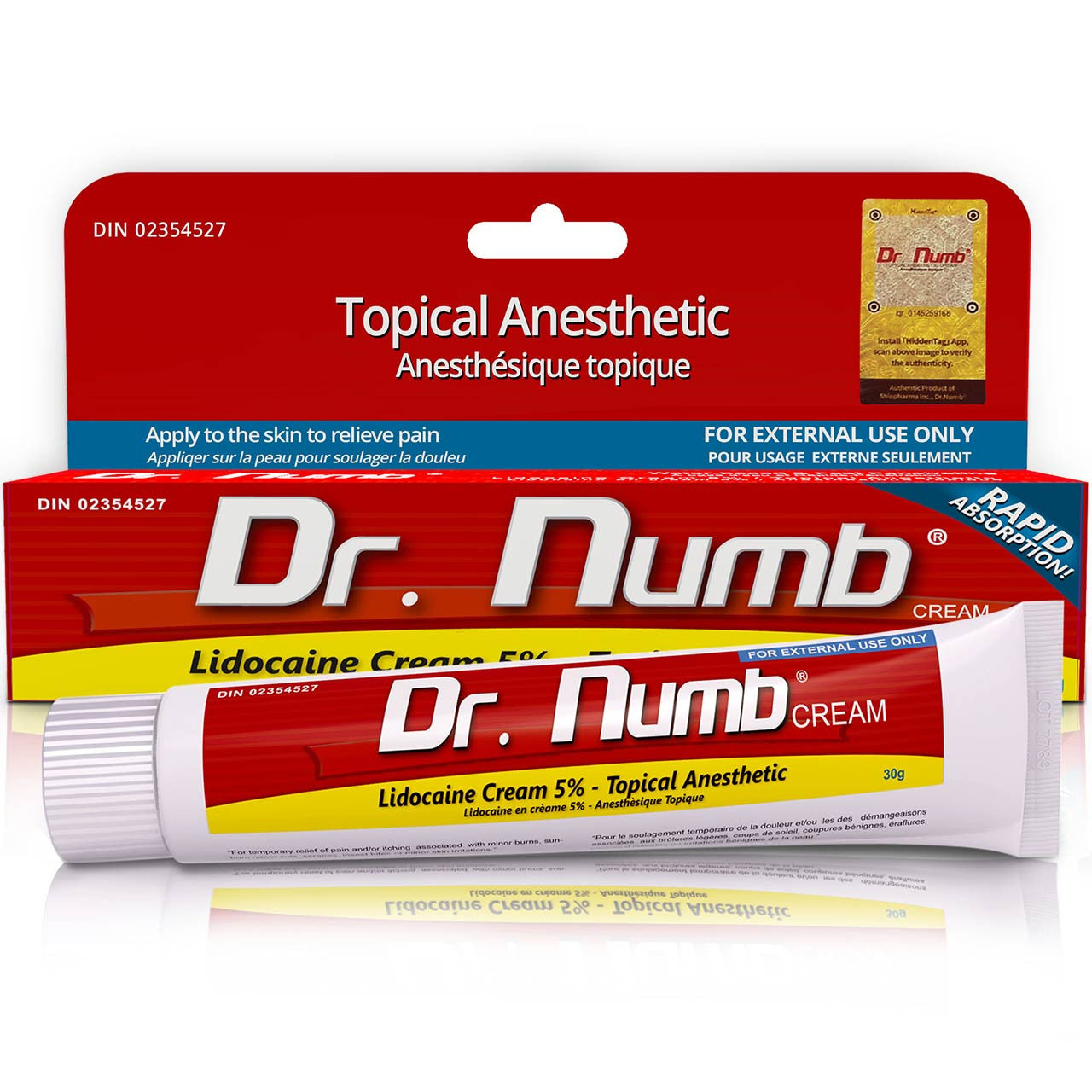
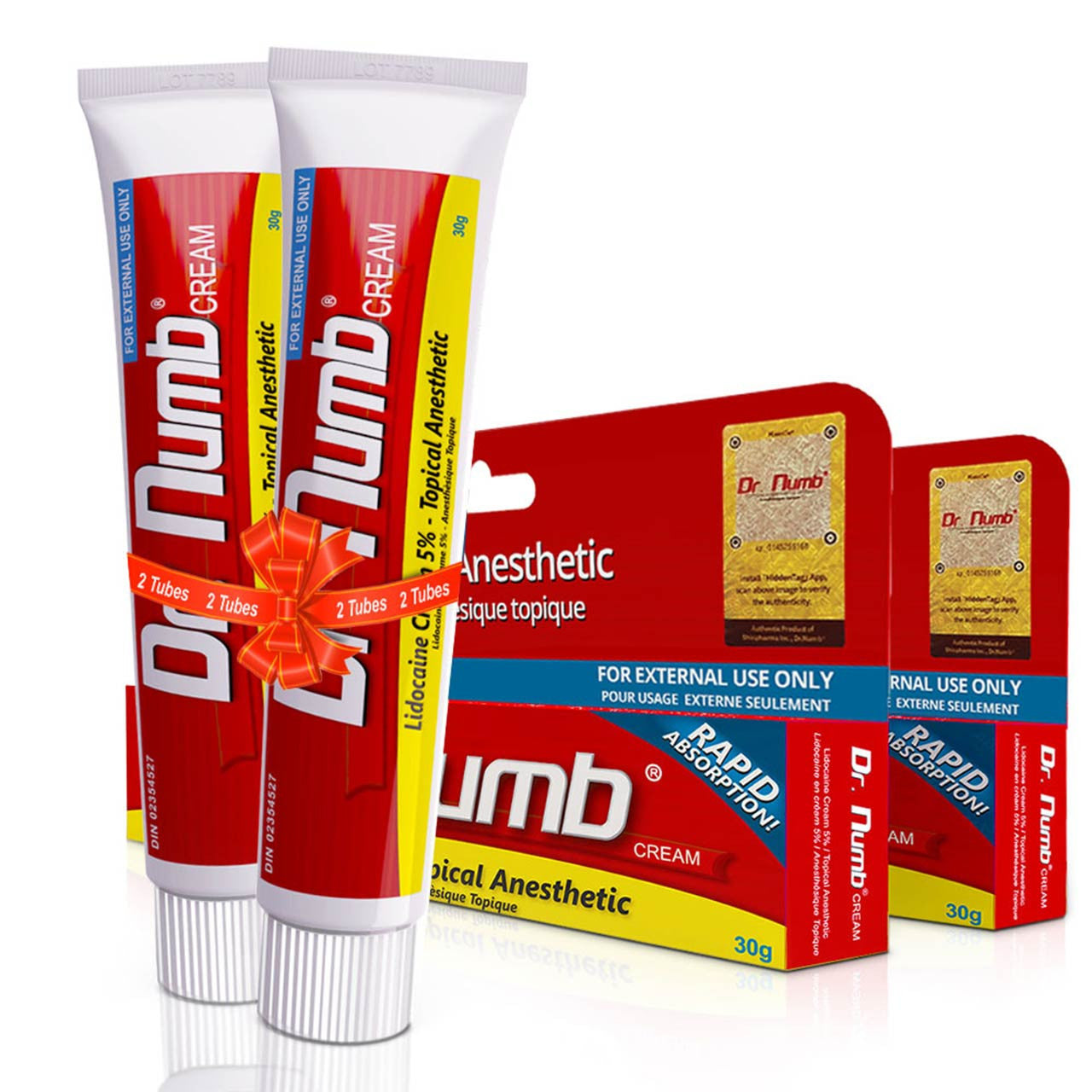


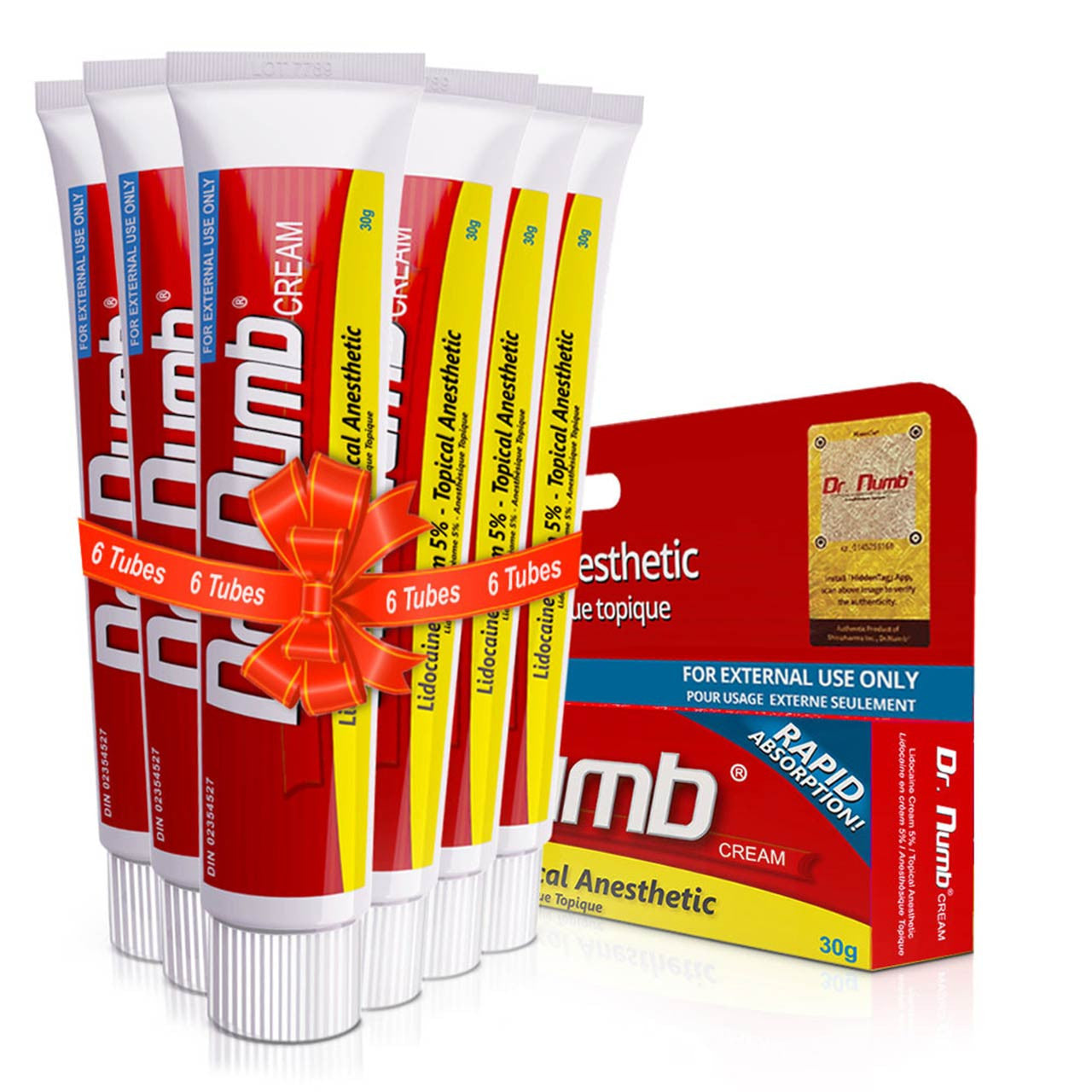

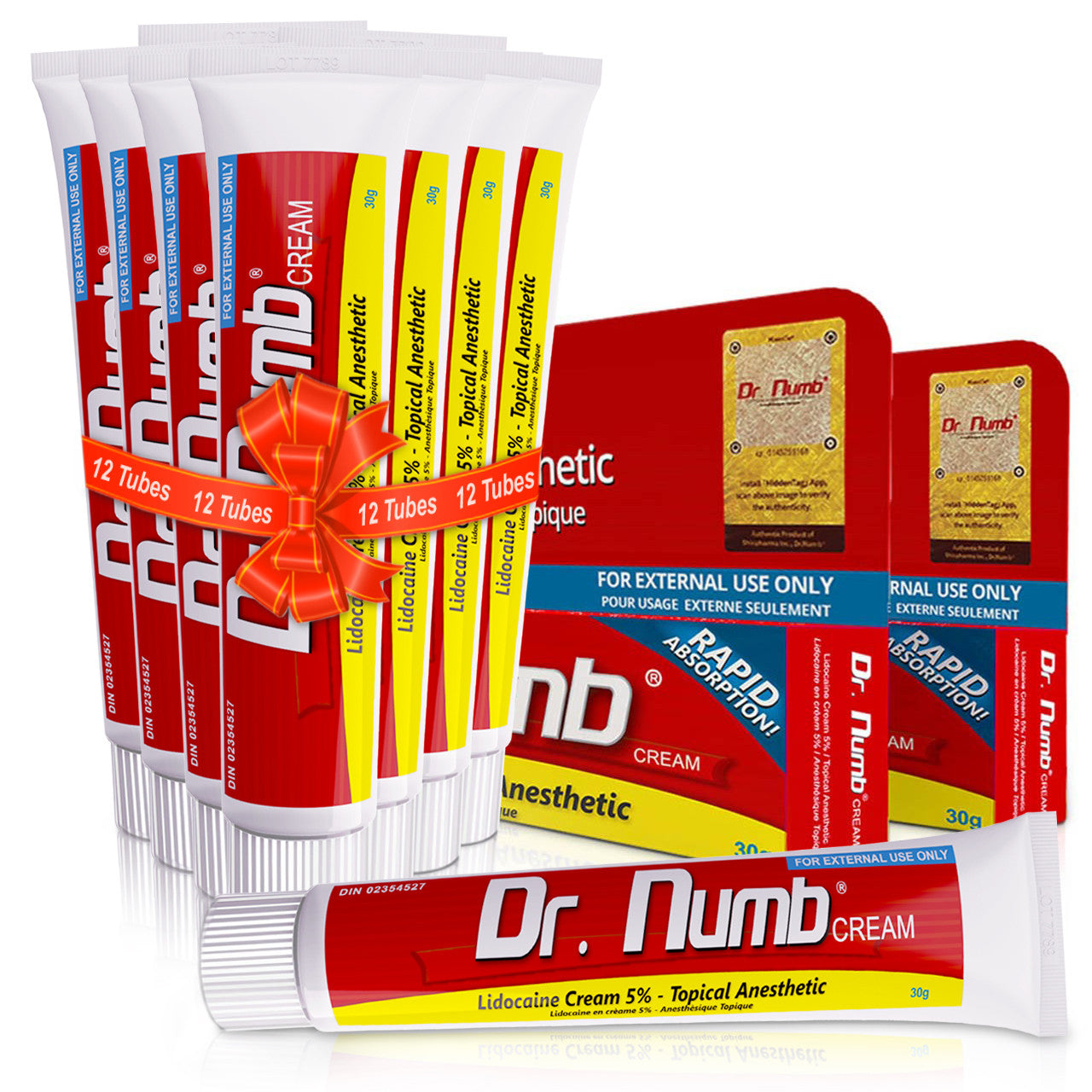



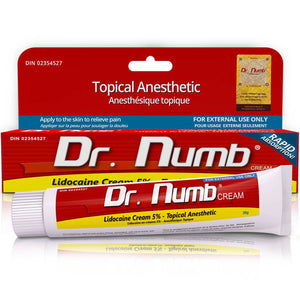
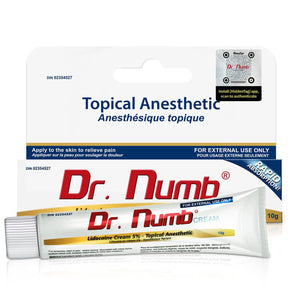
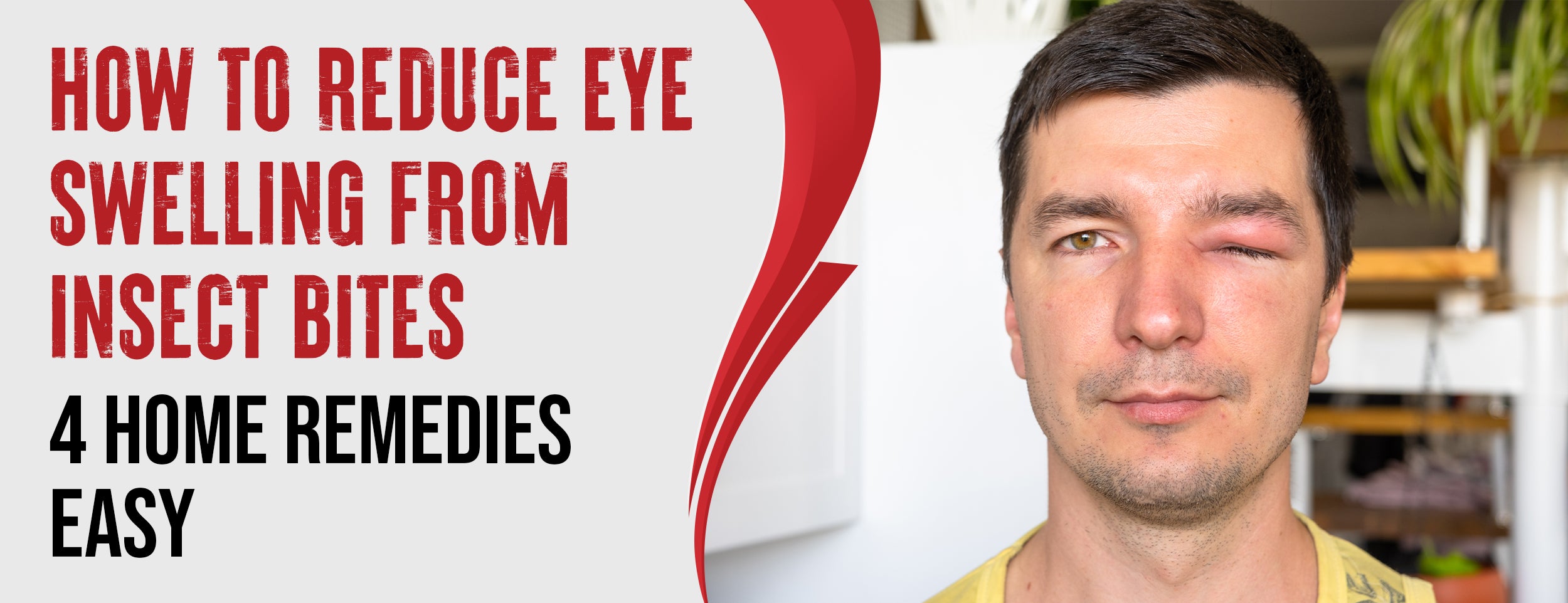
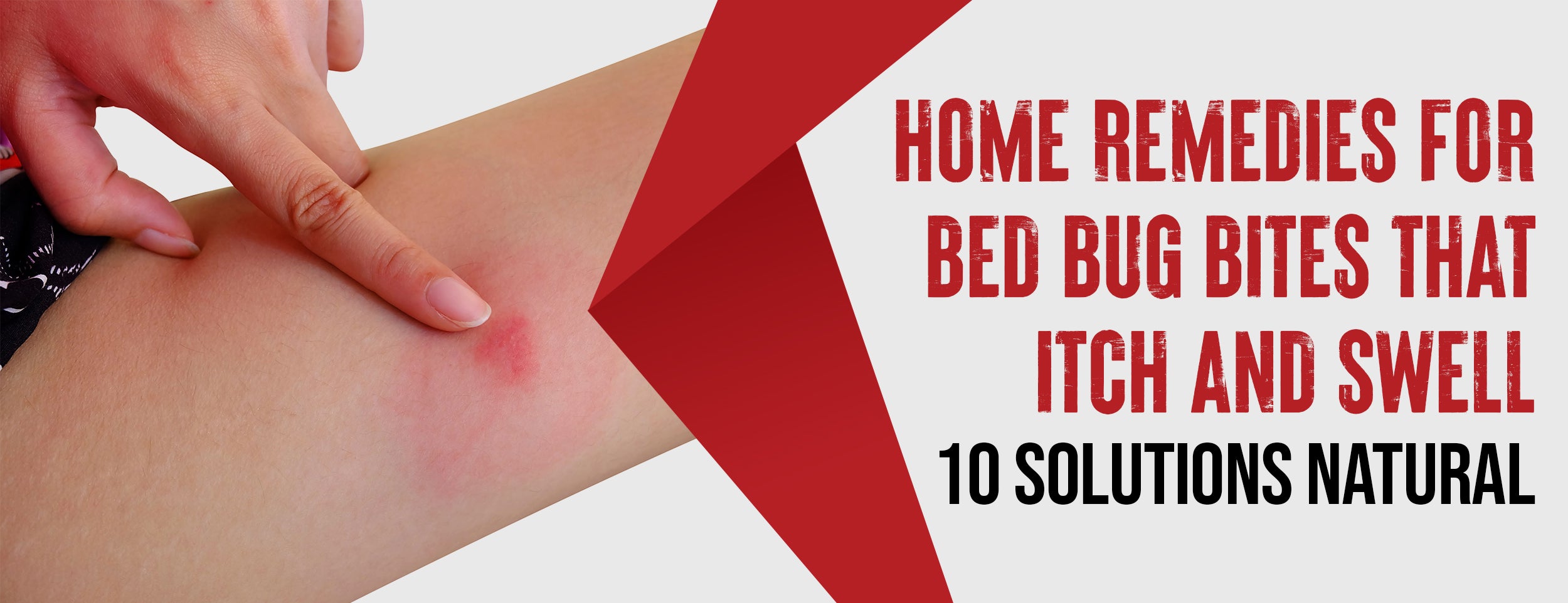
![6 Reasons Why Itches From Insect Bites Increase at Night [3 OTC Options]](http://drnumb.ca/cdn/shop/articles/Why_Do_Insect_Bites_Itch_More_At_Night__6_Factors_4_Natural_Remedies.jpg?v=1709703294)

